Raising Awareness Around MMIW/P
While land, the environment, and the climate may be inextricable from Indigenous peoples, being Indigenous also cannot be separated from the ongoing tragedy of Missing and Murdered Indigenous Women/People (MMIW/P) and human trafficking. Jeneda Benally of Sihasin cites “man camps” — or temporary workforce housing set up to accommodate short-term, high-paid workers from resource extraction industries — as part of the problem.
“[Resource exploitation] is also the root cause of … Missing and Murdered Indigenous Women and children that become trafficked to the man camps of these resource extraction sites,” says Benally. She is also involved with an organization called the National Institute for Law and Justice, which provides free resources when cases go cold and law enforcement is no longer directing money or resources towards finding missing persons.
Weedrat, a Diné punk band based in Albuquerque, New Mexico, and fronted by guitarist and vocalist Becki Jones, also believes it is important for their band to speak up about the many issues that affect Native women on their own lands, including prostitution, camming, social media as a tool for grooming young girls, and MMIW/P. Jones, who is Diné and was raised in Fort Defiance, Arizona, on the reservation, is joined in Weedrat by Diné band members, bassist Adrian Burke and drummer Greg Yazzie.
“My biggest topic right now has been talking about the sex trade industry. … It encompasses everything that has to do with the commodification and exploitation of bodies through sex,” says Jones, who works as a sex educator and community health worker for Planned Parenthood and plans to go into academia to study public health and conduct research around MMIW/P. She notes that many women — especially women of color — make less money than their male counterparts and are often coerced or forced into sex work when options are lacking.
“Bringing up this topic and having people look at it at a different angle, and in a different way, has definitely sparked a lot of conversation, and probably has gotten me canceled on more than a few occasions,” Jones continues. “But I think that’s where punk music has gone soft. … People [used to] talk about things that make you feel uncomfortable. … That’s why punk music is a great medium for me to have these conversations, because you shouldn’t feel comfortable.”
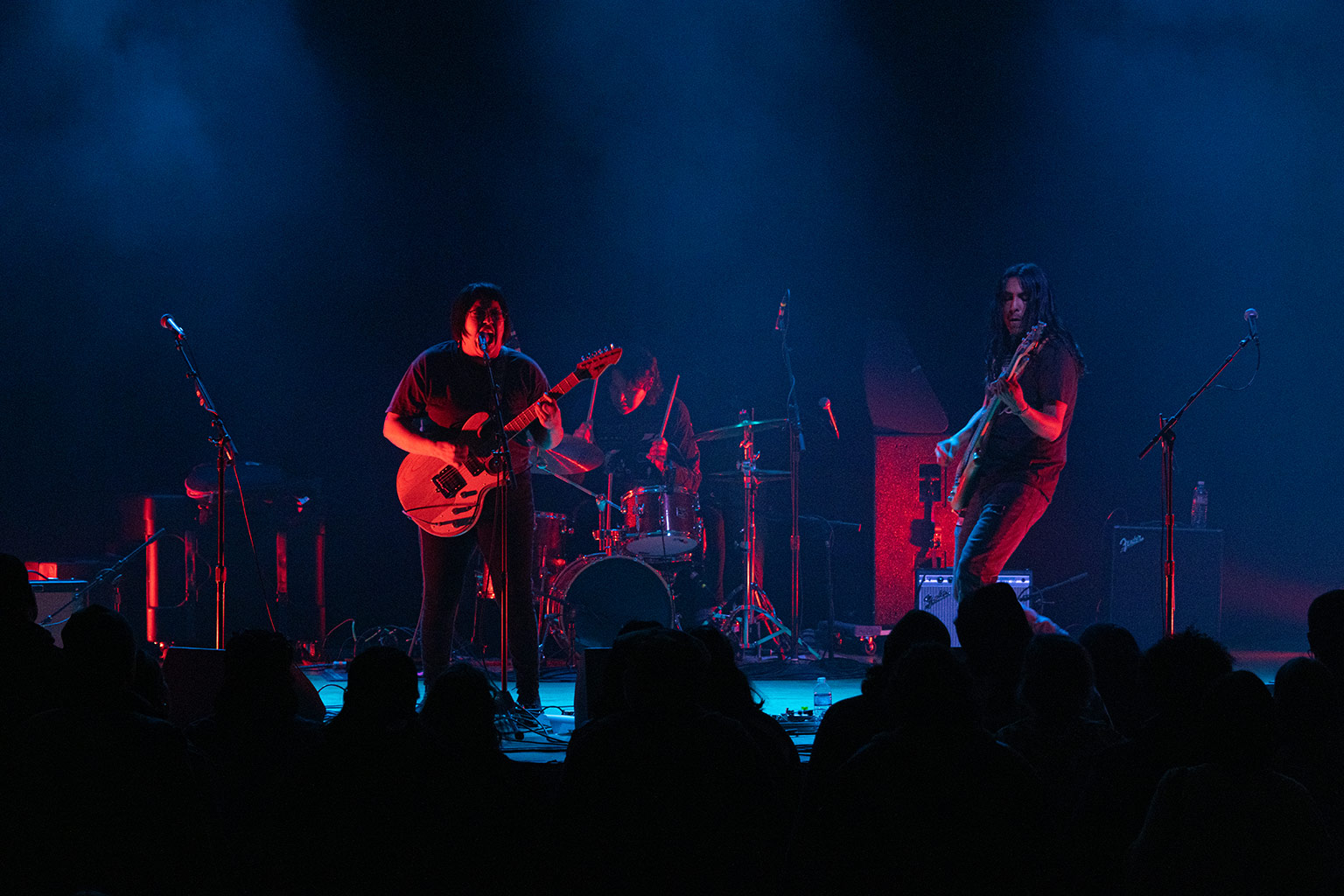
MMIW/P is also frequently addressed by vocalist and spoken word poet Tanaya Winder, an enrolled member of the Duckwater Shoshone Nation who is also Pyramid Lake Paiute and Southern Ute. One of her more well-known tracks is “Ain’t No Sunshine,” in which she transitions back and forth between singing the main hook of the soulful Bill Withers song and performing a spoken-word poem that relays tragic facts about MMIW/P.
“I wanted to find a way to mediate that experience, because when you’re reading a poem from a book, if it’s too heavy, you can always close the book. But if you’re watching a live performance, how do you talk about trauma without traumatizing your audience?” Winder reflects, acknowledging that a lot of her spoken word can be heavy. “I started incorporating singing … and people really resonated with that.”
Music, in general, can serve as a mediator for the heavy issues and altruistic causes that Indigenous peoples continue to face and fight for. It can also create a structure for fundraising for related causes. For her track “Don’t Give Up,” which is about persisting despite mental health issues, Katherine Paul, frontwoman and guitarist of the indie rock project Black Belt Eagle Scout launched an associated fundraiser for the Seattle nonprofit Chief Seattle Club. The organization, which offers services for Urban Natives, especially those who struggle with houselessness, is near and dear to her family’s heart, and Paul felt it could be a good way for fans of her new album to be a part of something more.
“[Chief Seattle Club] has a lot of connections to different aspects of Native issues too. It’s not just a place I feel where people can get resources and find housing and a safe place to go,” she explains. “It has a connection and a correlation to MMIW issues, and the fact that it exists, I think, is really important [considering] Seattle … has a high rate of MMIW and human trafficking.”
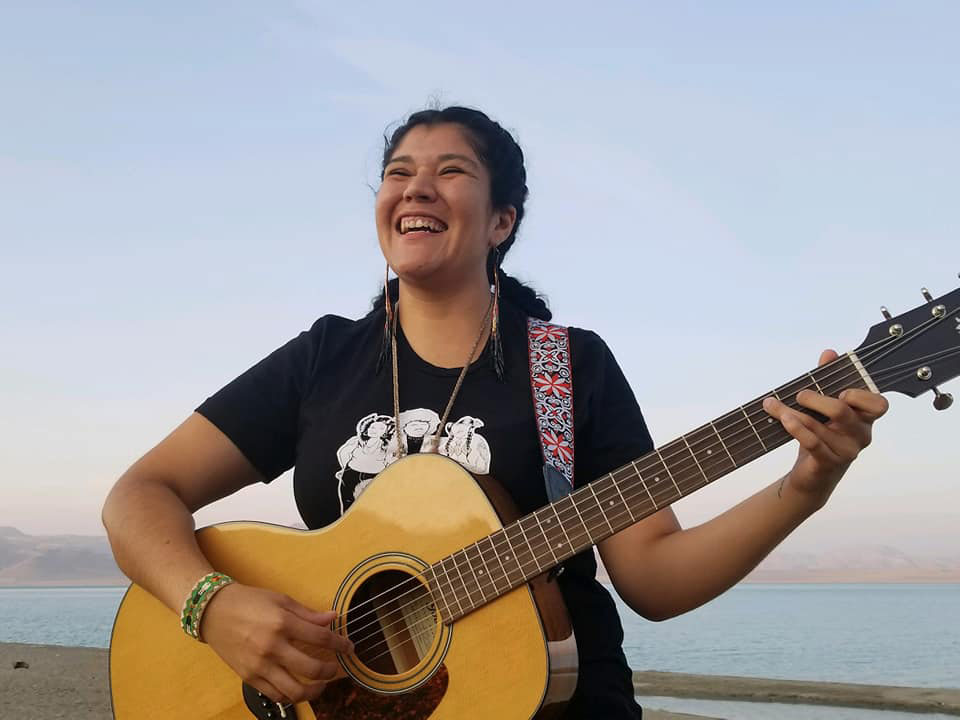
Throughout Fawn Wood’s career, she notes that a lot of issues related to Native communities have come into the limelight, including MMIW/P, Every Child Matters, finding rights for LGBTQ and Two-Spirit relatives, and so on.
“I always thought that music would be a good tool to bring a better understanding to our people,” she says. “A lot of the time, our Indigenous people … are misunderstood, or people have a premeditated concept of what we are.”
Along similar lines, Jeneda Benally of Sihasin believes artists must “utilize whatever creative means necessary to talk about these issues.”
“So many [non-Native] people look at the history books, and they read about the Indian Wars, and say, ‘This is so sad that this happened in the past. How sad that this all happened in the past to you,’ without the awareness that it’s still happening today,” says Benally.
“It’s just got different names; it’s just got legislation attached to it,” she concludes. “In fact, the Indian Wars have never ended.”
- Introduction
- Defining “Indigeneity” on One’s Own Terms
- Incorporating Tradition in Contemporary Music
- Learning, Preserving & Revitalizing Language
- Focusing on the Land & the Environment
- Raising Awareness Around MMIW/P
- Using Film as a Medium to Elevate the Collective
- Uplifting & Empowering the Youth
- Facing the Challenges of Visibility
- Building Infrastructure for Change
- Dreaming the Future

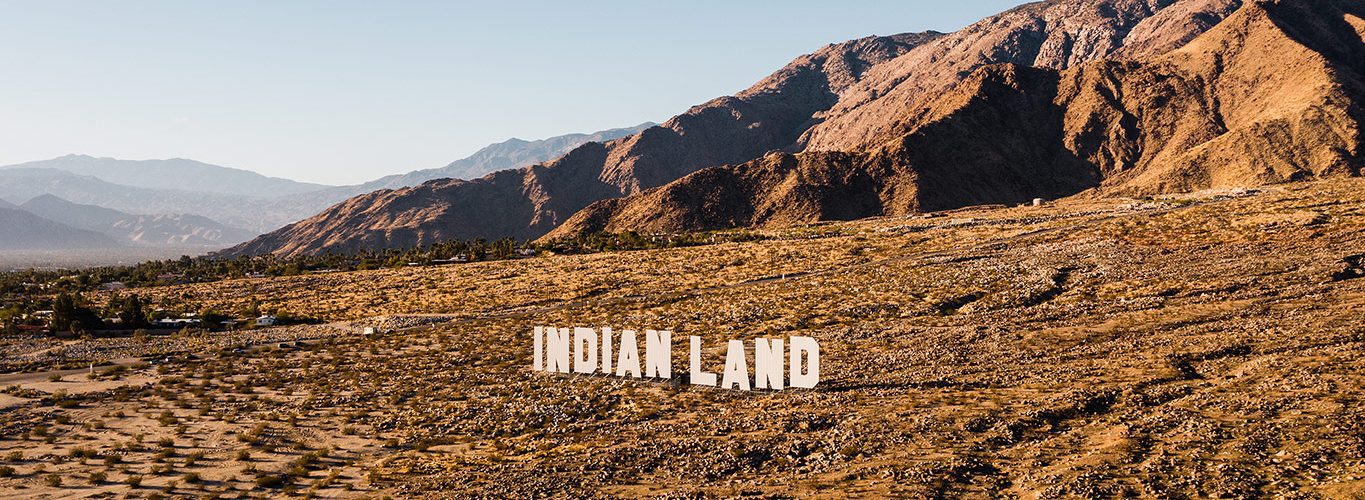
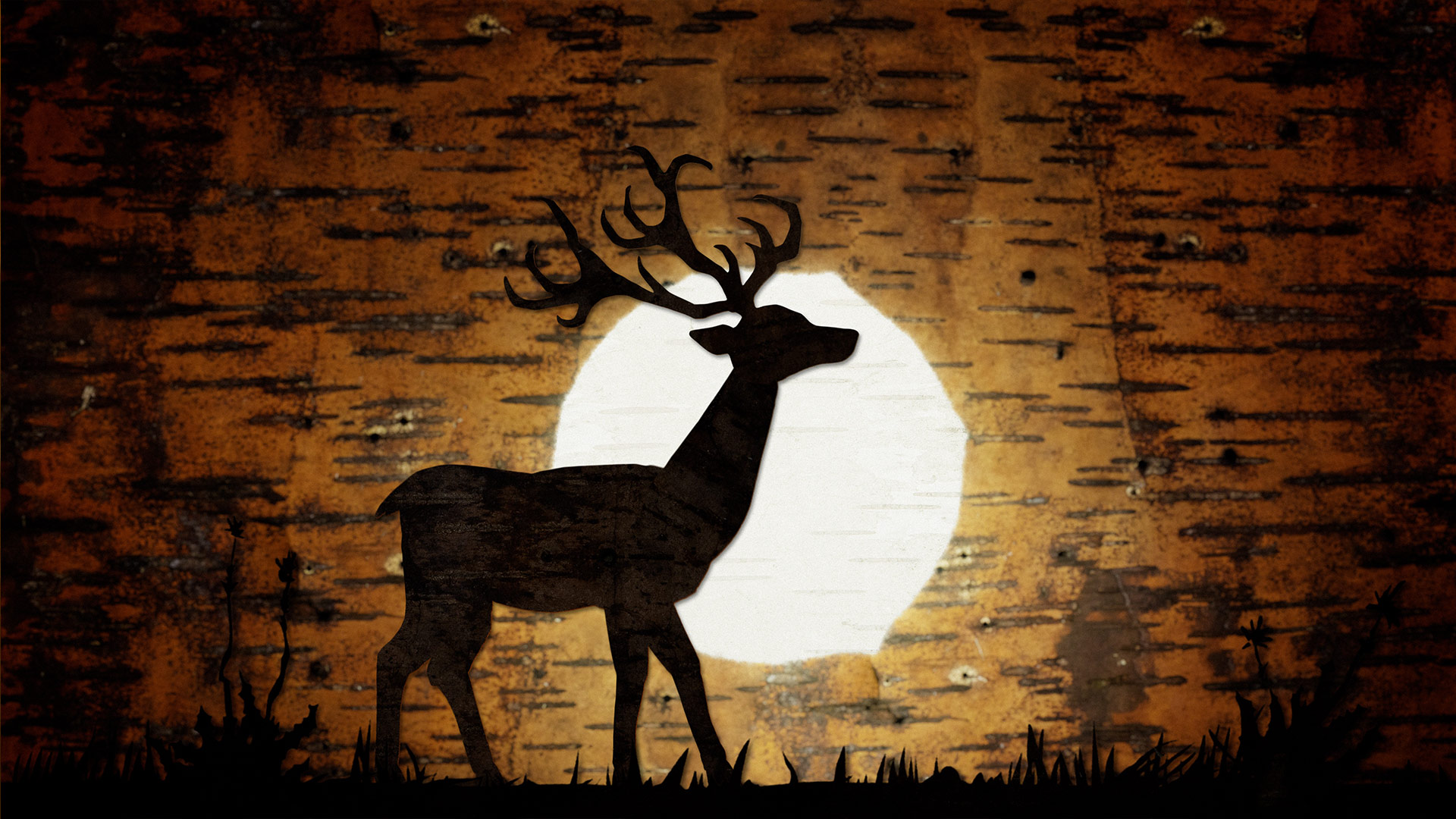
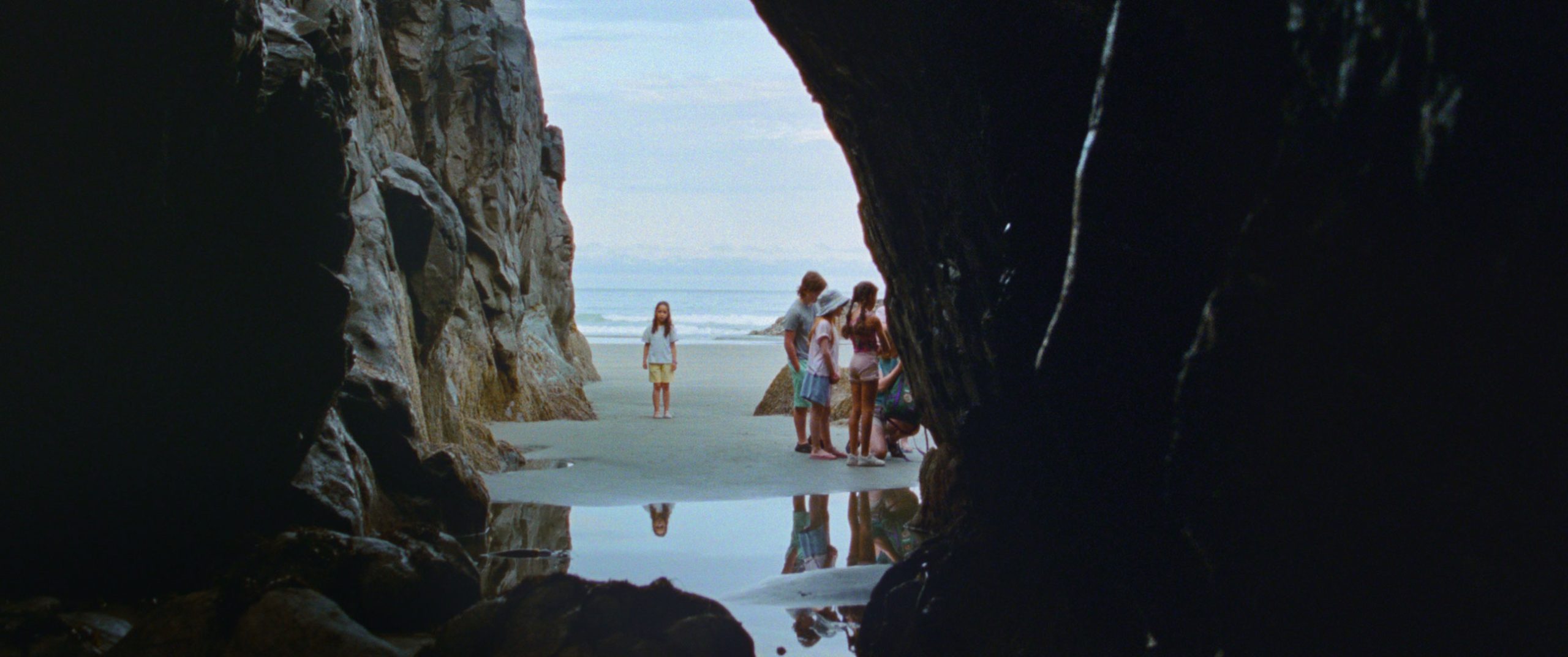
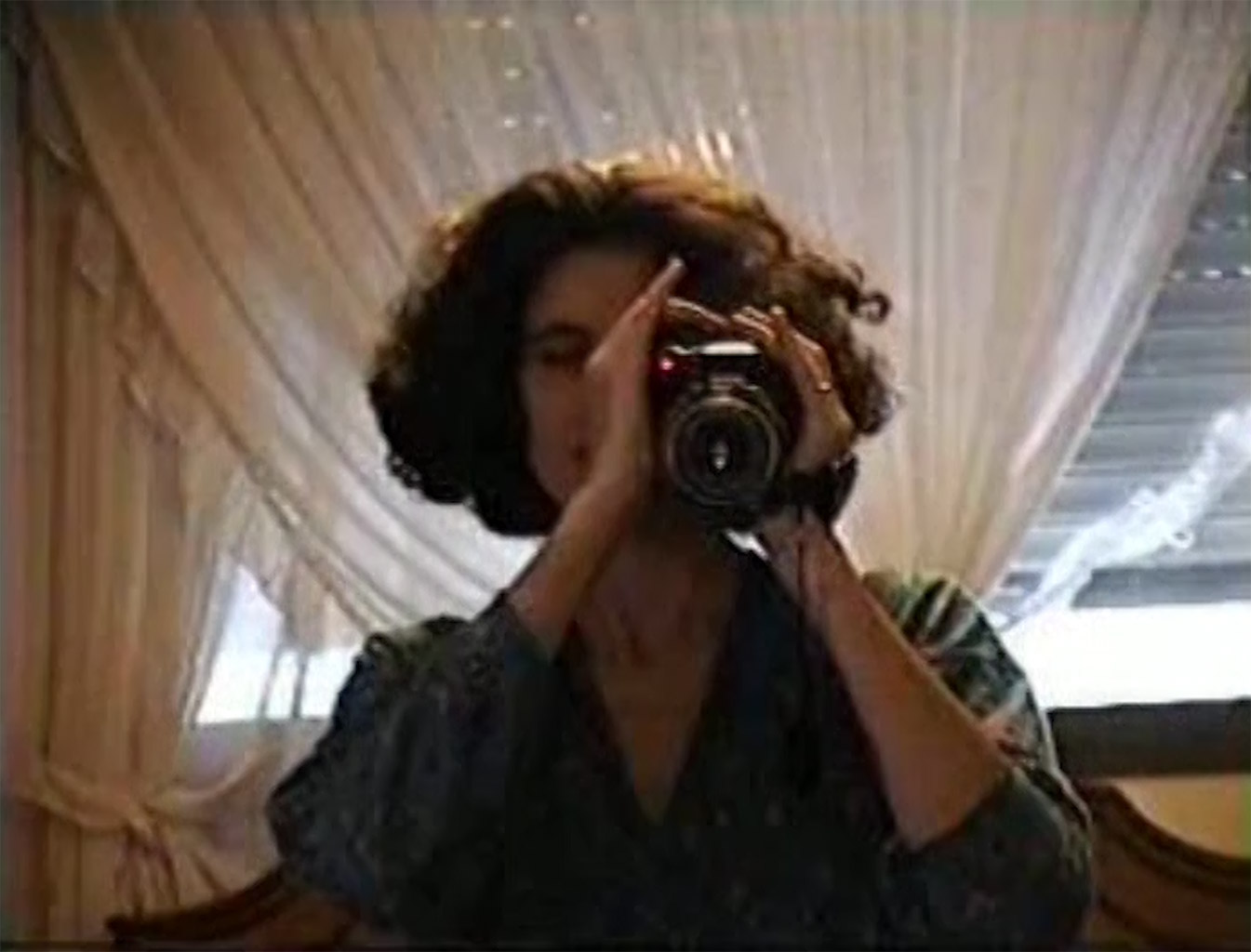
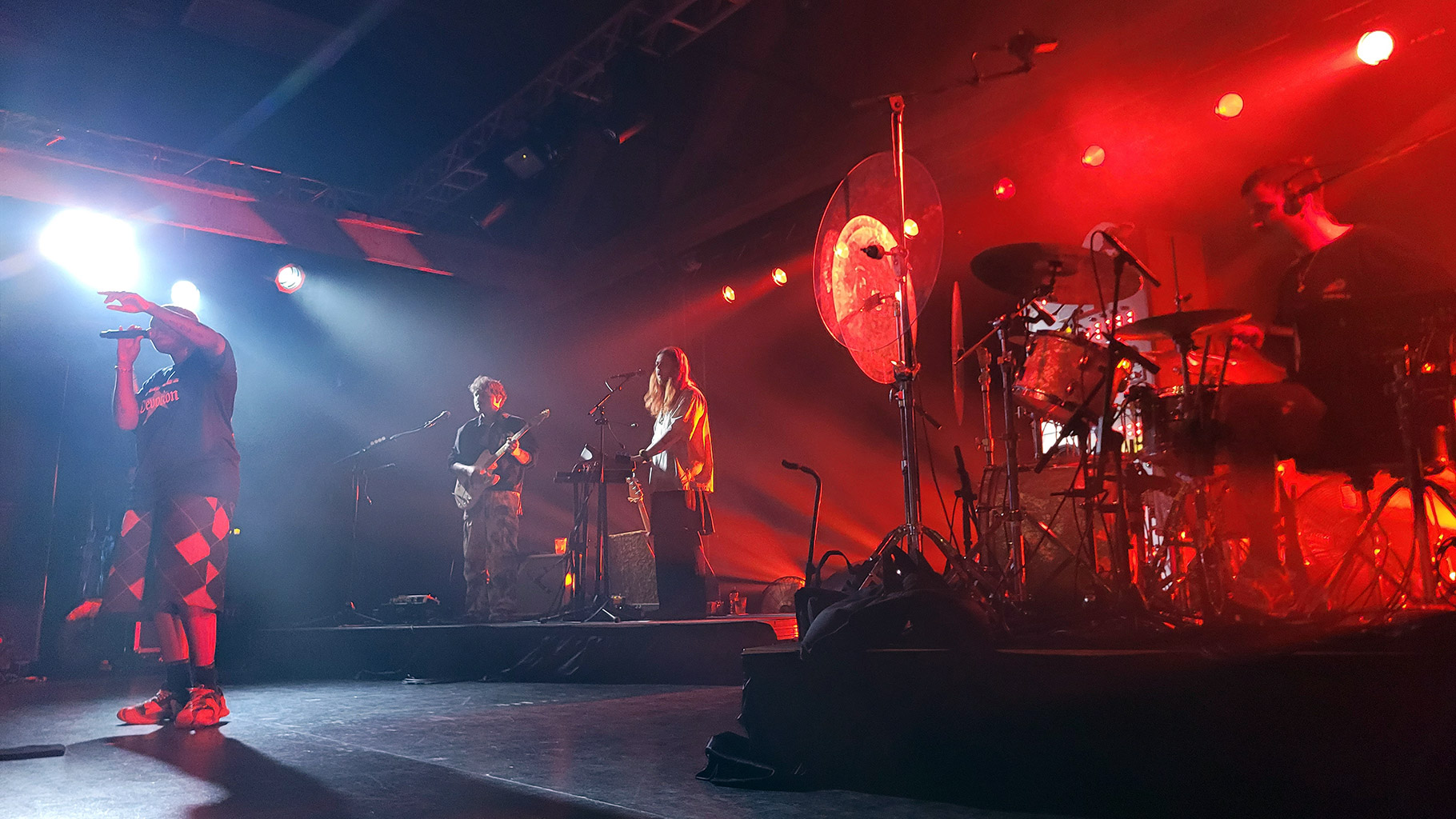
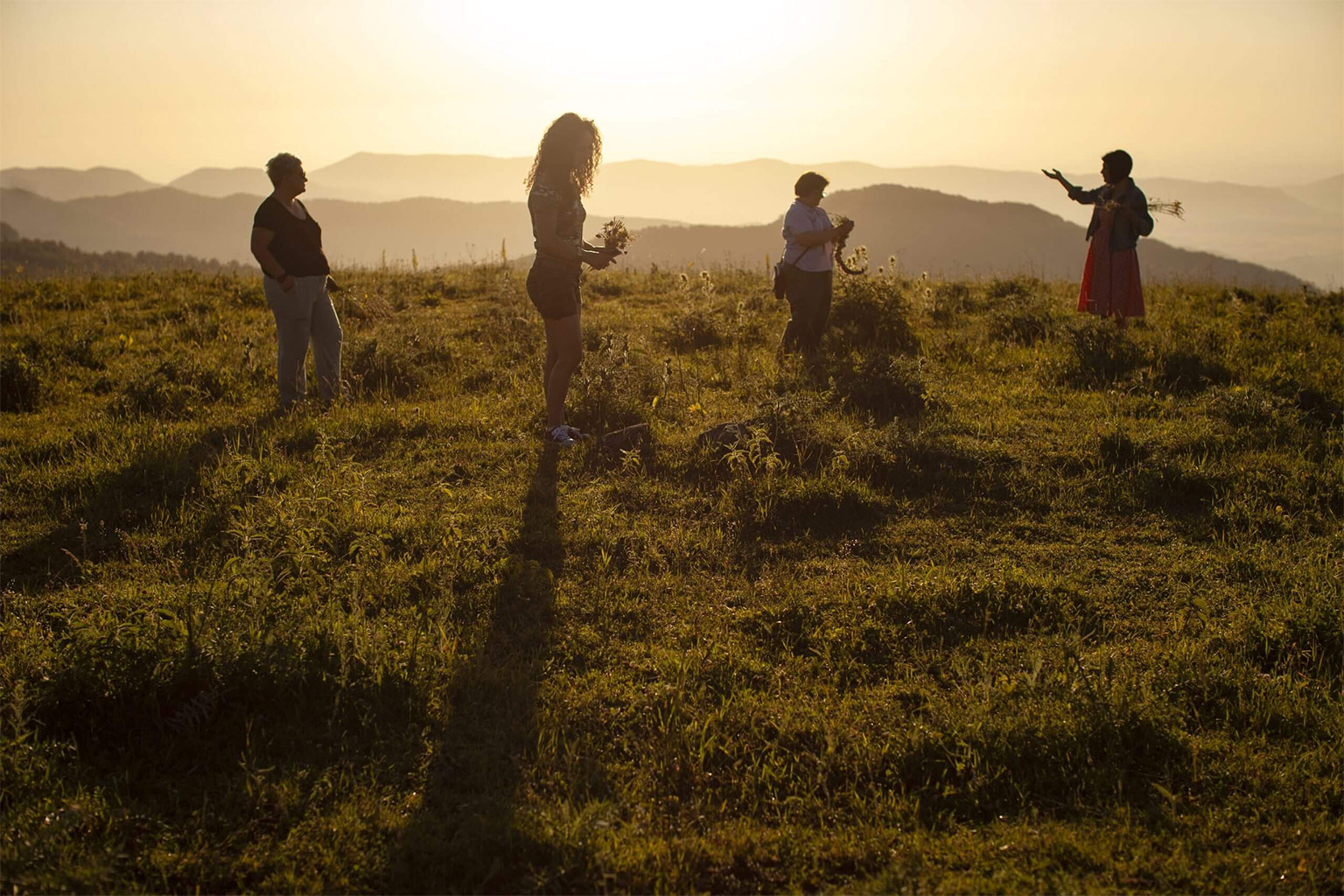
[…] min read29 seconds agoAdd comment I haven’t even stepped foot into the Snotty Nose Rez Kids show, and I already notice a couple things outside the venue. Clearly, the Indigenous fashion is […]